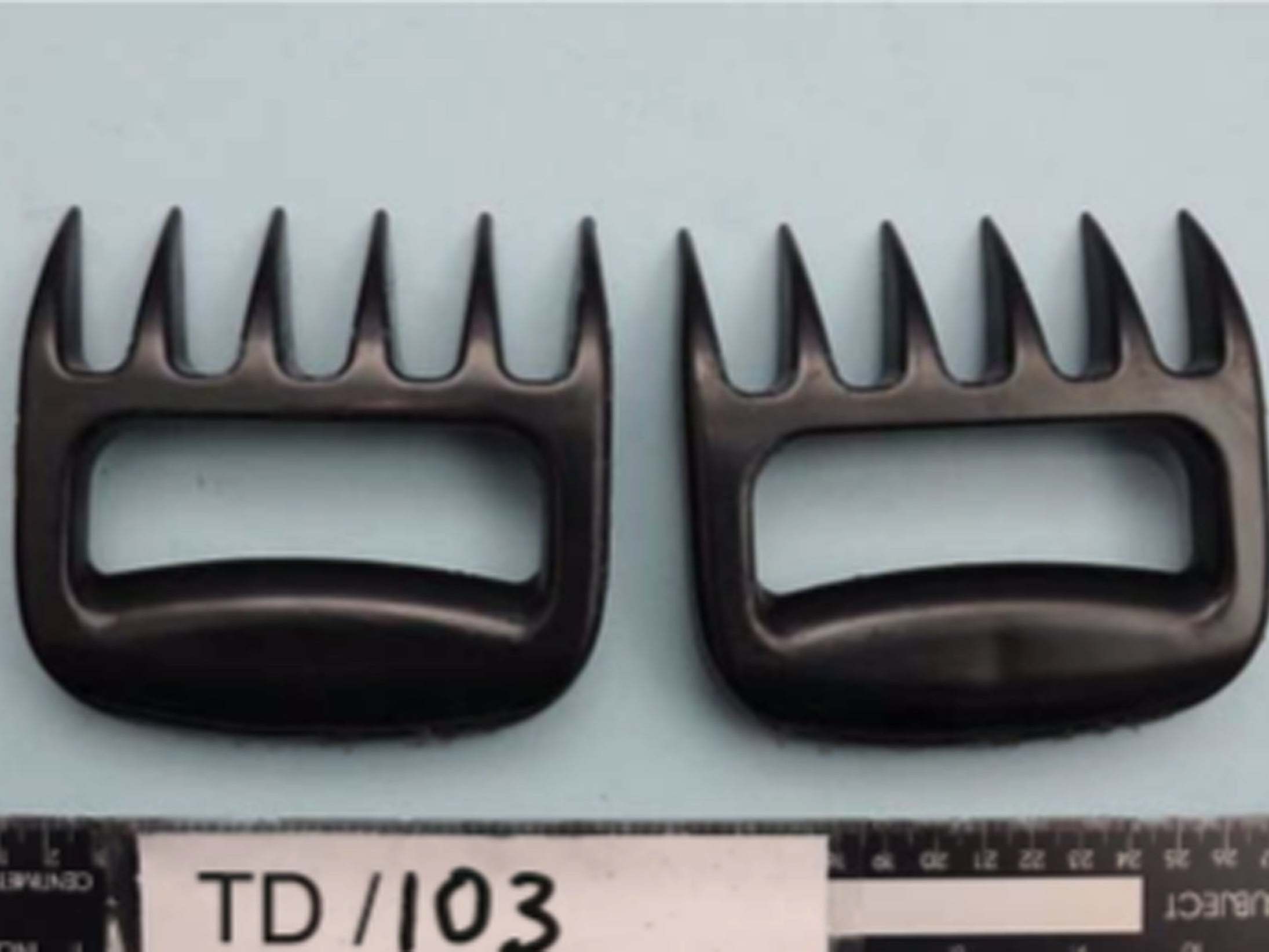‘Inventor’ cleared of Isis-inspired drone terror attack plot targeting UK soldiers and police
Hisham Muhammad said he was not a terrorist and liked to invent useful household objects

A self-described amateur inventor has been cleared of mounting an Isis-inspired terror plot targeting British soldiers and police officers.
Hisham Muhammad, 26, was accused of attempting to remodel a drone to drop explosives and researching other methods including knife attacks.
The Old Bailey heard that police found a “variety of bladed articles”, components, drawings, notes, camouflage clothing and masks at his home in Bury, Greater Manchester.
Muhammad had denied being involved in a terror plot, telling officers he “liked to invent and innovate”.
The married father-of-two possessed weapons including a tomahawk, a machete, “bear claws” and two axes.
The Bermudan defendant, who moved to the UK in 2013, was accused of creating “ninja eggs” containing chilli and glass shards that could be used to “incapacitate or otherwise weaken” attack victims or emergency service responders.
Anne Whyte QC, for the prosecution, had told his retrial that he had downloaded extremist material that “glorified violence and martyrdom”, including Isis propaganda.
The court heard that in May 2018, Muhammad expressed a “false interest” in joining the British army in order to visit the Castle Armoury Barracks in Bury and that he had also searched military and armed police bases online.
Police were alerted after Muhammad’s landlord visited his home in June 2018, because he had fallen behind on rent.
Onkar Singh said he felt “uneasy” after spotting items including knives, a tub with wires and a soldering iron.

Muhammad, of Victoria Avenue in Bury, was acquitted of engaging in conduct in preparation for acts of terrorism on Monday after four days of jury deliberations.
Last October, a previous jury failed to reach a verdict on the same charges and a retrial started in July.
He denied planning a terror attack in the UK, either using a drone or knives, saying jihadist ideology was “barbaric”.
Muhammad said he was an amateur inventor, and that he liked to challenge himself by devising useful household objects, such as a “coconut hammer” and a “fly zapper”.
The chicken shop worker set up a fake escort agency online and made thousands of pounds from men hoping to be set up with a Brazilian woman, jurors were told.
Muhammad admitted making £8,000 from the scam, but said most of it was sent to his wife and family living in Senegal.
His cousin Faisal Abu Ahmad, 25, of the same address, was cleared of failing to alert authorities of the alleged attack plan.
Additional reporting by PA